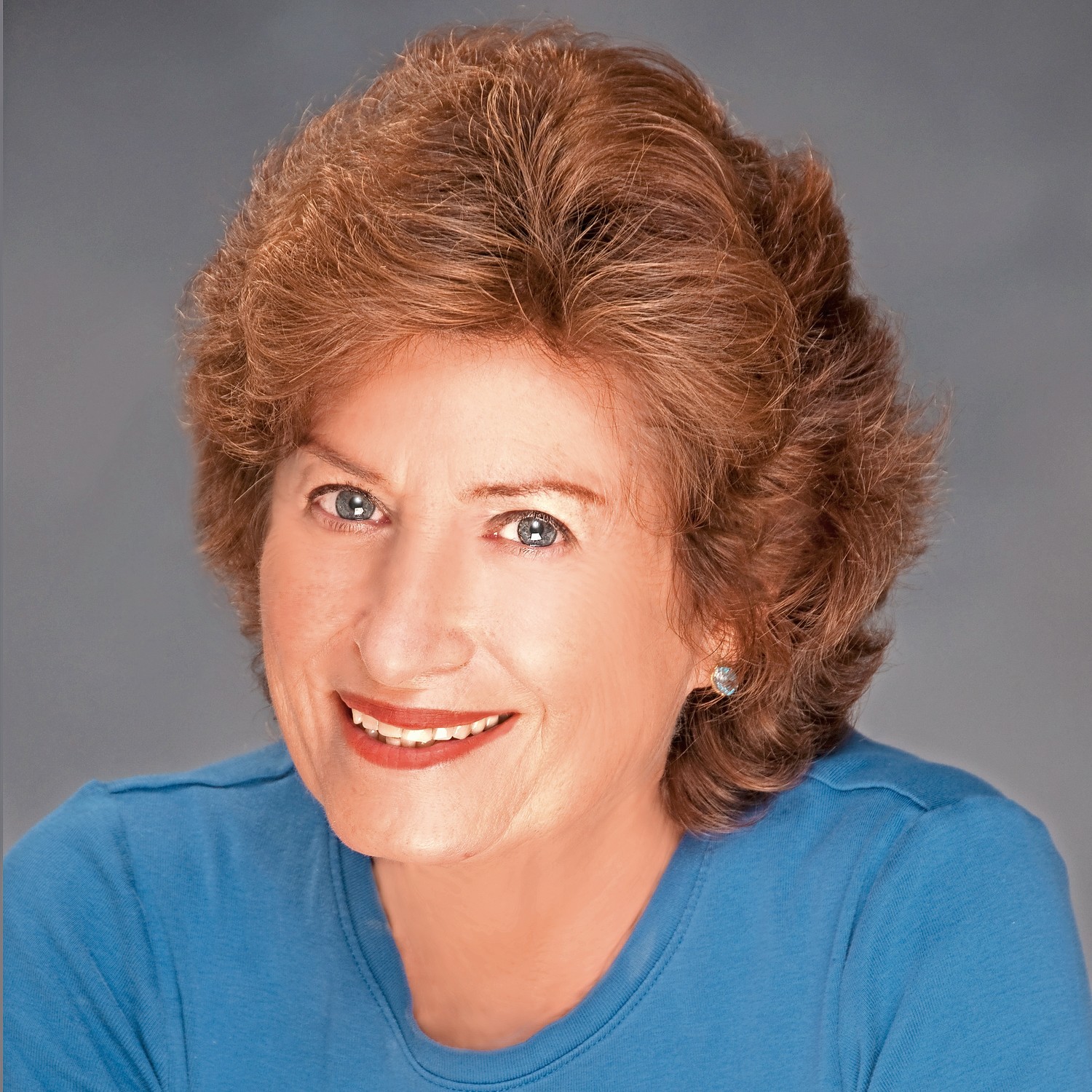With books, you can, and should, go home again
Randi is on a brief leave. This column was originally published July 30-Aug. 5, 2015.
On one level, it’s a matter of clearing some closet space. On another, it’s a signal to let go and move on. Finally, I need to do this so my old friends can rest in peace and I can go forward with memories of our time together.
I’m tossing out my hundreds of folders of notes on all the novels I’ve reviewed in my book groups. For many years I’ve been conducting book discussion groups, and I’ll continue to do so, but the clutter is overtaking my office. My person M.O. is to take notes, download and print research and keep a manila folder for each book I review. So it’s time to thin the flock of folders and put aside a few I intend to reread at leisure.
The first book I reviewed was “Cold Mountain.” As a rookie reviewer, I overcompensated, and that folder alone contains about 50 pages of notes. The most recent book I discussed was “The Orphan Master’s Son,” a stunner so disturbing that I may not be able to read it again — ever.
As I look back at the collection of literary research, I think of these books as more than good reads, intellectual exercises or immersions in different worlds. Many of them feel like old friends with whom I traveled the same path for 300 or 400 pages. When you read a book a few times, take notes and then talk about it with six different groups, a familiarity with the words, story and characters develops.
But a book has to deserve being reread. I won’t be sitting down again with “The Liberated Bride,” “The Ghost at the Table,” “Child 44,” “Amy and Isabel,” “The Bonesetter’s Daughter,” “The Dress Lodger,” “The Abstinence Teacher,” “The Dew Breaker,” “The Polish Officer’s Daughter,” “The Yiddish Policemen’s Union,” “The Daughter of the Queen of Sheba” or “Charming Billy.”
I mention these because they’re worth reading, and I spent considerable time studying and researching them; I do not, however, believe they have earned a permanent place on my bookshelves.
Which will I go back to again? Probably not too many of the classics I have reviewed. “The Sun Also Rises,” “East of Eden” and “A Separate Peace” feel dated. Remarkably, “Frankenstein” doesn’t, and I look forward to meeting him/it again.
The books I’ve loved most and must read again comprise a considerable list. It’s all subjective, of course, and two of them have the same author, Shirley Hazzard: “The Great Fire” and “Transit of Venus.” I never felt that I fully understood either novel, although I loved the reading experience, and I knew I was in the presence of greatness. So I’ll give them another go.
The sweetest, most uplifting book I would like to read again is “Jim the Boy,” and the most irresistible look at the dark side of human nature is “Paris Trout.”
If I need to remember why I won’t support another war in South Asia, I’ll revisit “The Things They Carried,” and if I need to understand what happens when ordinary lives are are impacted by terror, I will pick up “Saturday” or “The Plot Against America” or “The Unknown Terrorist” or “Let the Great World Spin.”
Now for the good part: the special books I will absolutely read again, given the blessings of time and energy. “Birds in Fall,” a novel by Brad Kessler, is brilliant and beautiful, the best meditation on grief you’ve never heard about. “Atonement,” by Ian McEwan, is already a classic; “The God of Small Things” put Arundhati Roy on the literary map; and “The Brief Wondrous Life of Oscar Wao” did the same for Junot Diaz.
Next week is August, so summer reading time is limited; I see no reason not to use these weeks to pick up the novels that thrilled us once upon a time. If the newest books out aren’t literary gems, why not mine the past? My top five are “Of Mice and Men,” by Steinbeck; “The Adventures of Augie March,” by Bellow; “Evidence of Things Unseen,” by Marianne Wiggins; “That Night,” by Alice McDermott; and “Ordinary Love & Good Will,” by Jane Smiley.
Copyright 2023 Randi Kreiss. Randi can be reached at randik3@aol.com.

 44.0°,
Mostly Cloudy
44.0°,
Mostly Cloudy 




